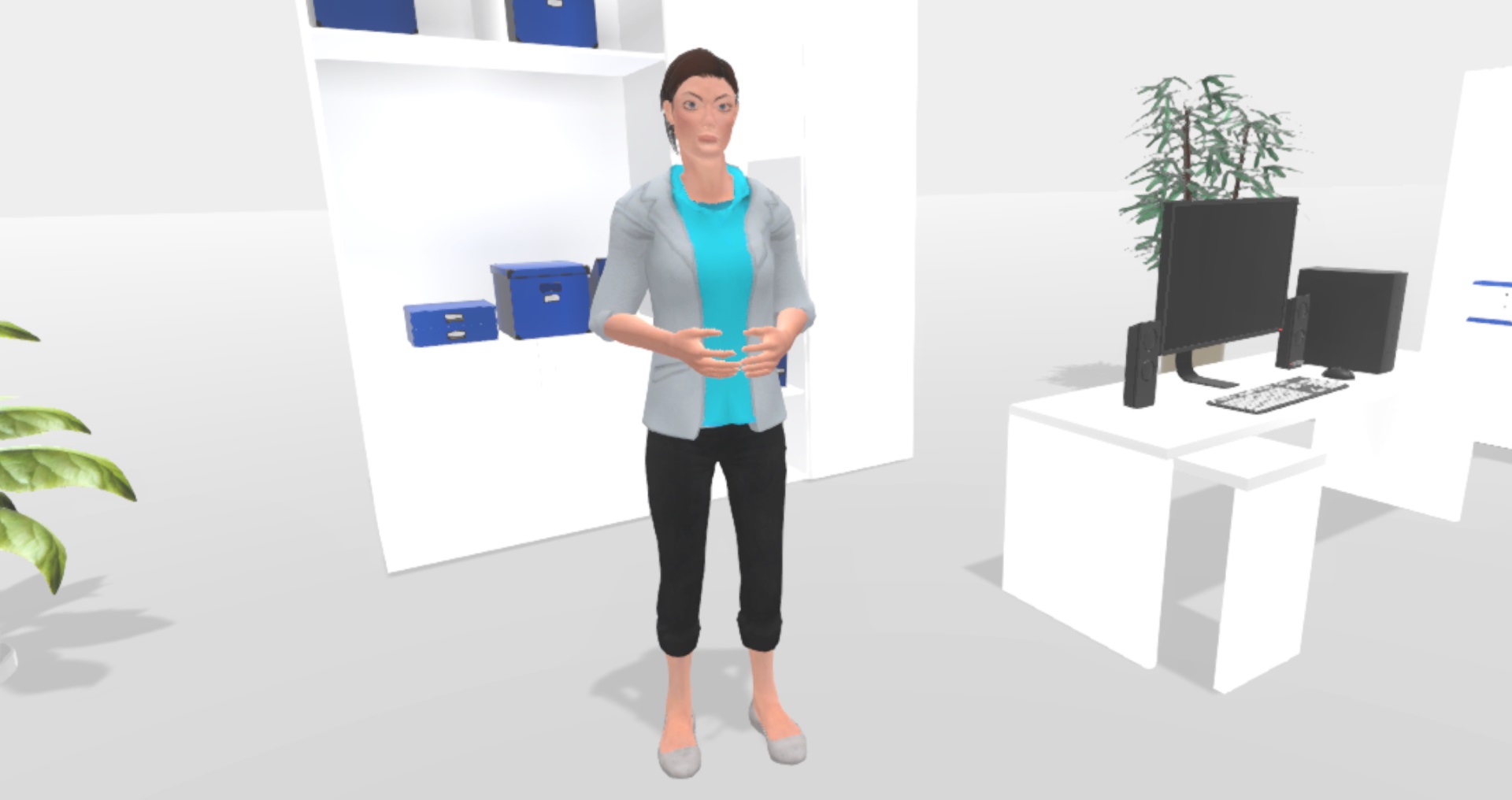The National Institute of Health Research (NIHR) awarded £4 million to enable state-of-the-art psychological therapy to be delivered via virtual reality (VR) in the NHS, in a project that brings together a team of NHS trusts, universities, a mental health charity, the Royal College of Art, and a University of Oxford spin-out company.
'Our project will see one of the most exciting and powerful new technologies implemented in the NHS for the first time” said the project lead, Professor Daniel Freeman from Oxford University’s Department of Psychiatry.
'Virtual reality treatment can help patients transform their lives. When people put on our headsets, a virtual coach takes them into computer-generated simulations of the situations they find troubling.
'The coach guides the patient through these scenarios, helping them practise techniques to overcome their difficulties. Patients often find it easier to do this work in the virtual world – and they enjoy using our VR applications – but the beauty is that the benefits transfer to the real world,' said Professor Freeman, who is also a clinical psychologist at Oxford Health NHS Foundation Trust.
'Our new treatment is automated – the virtual coach leads the therapy – and it uses inexpensive VR kit, so it has the potential for widespread use in the NHS. We’re inspired by the opportunity VR provides to increase dramatically the number of people who can access the most effective psychological therapies.'
'Realising this ambition will require much work, but our amazing team of patients, NHS staff, researchers, and designers has all the capabilities to achieve it. Over the next three years this major investment should lead to real and positive change in services for patients.'
There are three main stages to the project: a design phase to ensure the VR treatment is simple to use, engaging, and right for patient needs; a large multi-centre clinical trial in NHS trusts across the country, to demonstrate the benefits of the VR treatment; and making a roadmap to roll out the treatment across the NHS.
Lord O’Shaughnessy, the Parliamentary Under Secretary at the Department of Health, is announcing the £4 million NIHR award to Professor Freeman on 1st February at the MQ Mental Health Science Meeting 2018. Lord O’Shaughnessy said: 'I’d like to offer my congratulations to the winners of this award. We know that tackling the increasingly complex health challenges we face means harnessing the potential of new technology. Through the NIHR, we spend £1bn per year bringing great British innovations into the NHS for the benefit of patients.'
The award comes after a winner-takes-all competition in which the NIHR challenged research teams across the nation to come up with innovative technological solutions to help people with mental health problems. Today the search for disruptive technologies in the mental health space continues with the launch of the 2018 competition. Martin Hunt, NIHR i4i Programme Director said: 'I am delighted we have been able to attract and support such an ambitious, potentially transformational project, from a world class team.
'I hope that the 2018 competition attracts a similar calibre of applications to enable us to support the translation of more ground breaking technologies, for the benefit of people living with mental health conditions.'
Jonathan West at the Royal College of Art, whose Helen Hamlyn Centre for Design will be working with patients to refine the design of the virtual reality therapy, said: 'This is such a fantastic opportunity to involve patients in the design of new and exciting VR therapies. It brings together a great team of designers, patients, psychologists, and computer scientists to work towards something with huge potential for impact.'
Thomas Kabir from the mental health charity the McPin Foundation, one of the partners in the project, said: 'People with mental health problems will be heavily involved in all aspects of this study. We believe that this will transform the research for the benefit of all.'
Dr Jennifer Martin from NIHR MindTech MedTech Co-operative said: 'This is a fantastic opportunity to develop and evaluate a new treatment that has the potential to transform people’s lives, and we’re particularly excited about working in partnership with patients and NHS staff as part of this project.
'We believe that this collaborative approach will help us to develop a VR treatment that is enjoyable and easy to use, and that will be taken up across the NHS so that as many people as possible can benefit.'
